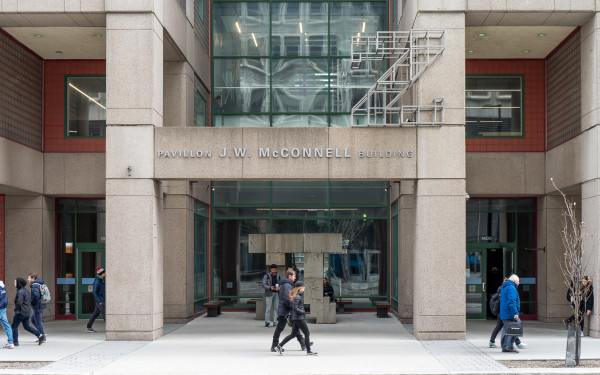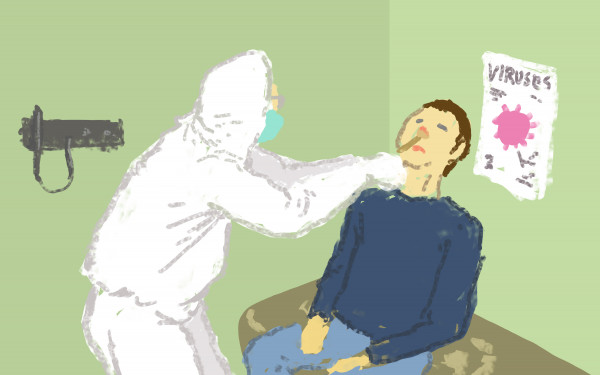Editorial: Mental Health, Inside and Out of Quarantine
Today was supposed to mark the release of our 40th volume’s final print edition—the Mental Health issue.
As with most things in a world transformed by COVID-19, there has been a change of plans, but throughout the week we’re nevertheless publishing many of these stories online.
Mental health was originally selected as a special issue for the same reason it is a perennial concern among student advocates. Services are too few, pressures are too many, and reduced stigma has not been matched by commensurate action.
Help for struggling students is meagre and scattershot. Appointments are scarce at Concordia’s Counselling and Psychological Services, while our health insurance cannot even fund one session of therapy per month. Valiant student groups that try to fill in the gaps, such as Concordia Students’ Nightline, face an impossible task.
Meanwhile, underfunded students are forced to balance the demands of full-time study with precarious means of making ends meet, often with little leeway from professors. Students of all backgrounds are plagued by mandatory attendance policies and rigid performance expectations. Professors and departments fail to consider subtle ways in which they magnify the pressures facing Students of Colour as well.
Change is long overdue.
But at this time, reflecting on the mental health of the Concordia community is inextricable from the need to acknowledge the unique pressures of the moment in which we currently live.
This is a time of pervasive anxiety. The psychological hardship of this crisis is profound for many—fears for our own safety or the safety of others, possible or pressing economic hardships, social isolation, and many more variables weigh heavily on the mind.
The pandemic is a situation in which inequalities continue to be showcased. There is a divide between those in a position to stay home and make art or bread or even work, and those on the front lines, the “guardian angels” who still don’t make enough money or have enough protections, whether it’s in healthcare, shelters, grocery aisles, or anywhere else.
Yet, this pandemic will leave a permanent mark on the psyche and mental health of all of us. Forget trips to the grocery store—even a pleasant late-night stroll can take on an oppressive, eerie tone as we reflect on our communal trauma. One wonders how long it will take before we can pass someone on the sidewalk without the urge to dodge into the road. Worse, none of us know when this will end.
People should not feel pressured, whether internally or externally, to “make the most” of this pandemic. It’s not a holiday, and it’s OK to need to process what was only recently unimaginable. We must all use our energy to show compassion to one another—and to ourselves.
Hopefully, in this way, we can achieve a more compassionate society that will last beyond the current crisis.
There’s no doubt it will be paramount for resources to be available when this isolation is over. In fact, it was paramount that they were available before isolation began.
Here is a list of supports available to students.




_600_375_90_s_c1.jpg)


